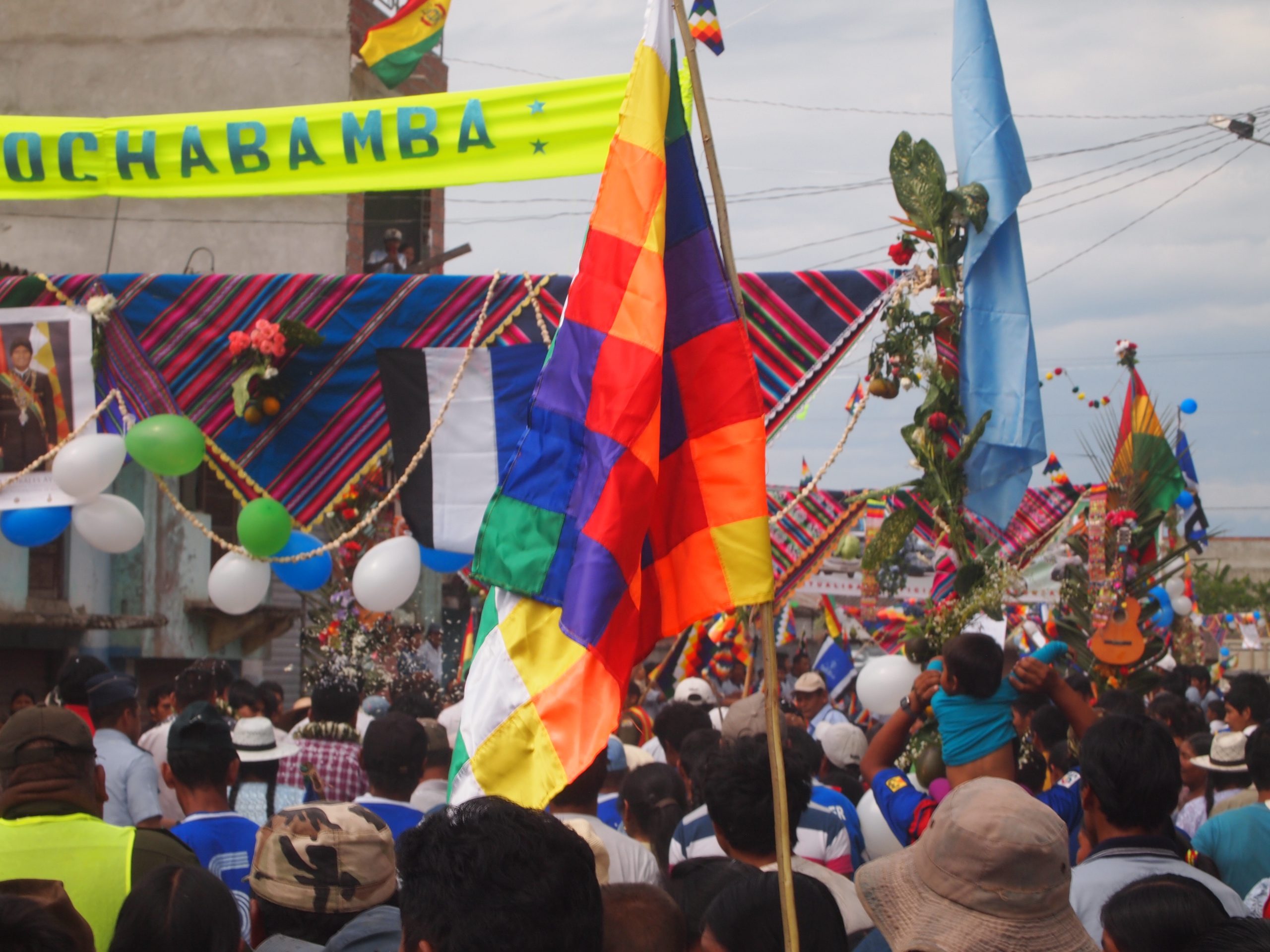AIN facilitates article for the Washington post on protests in Bolivia. Read the full article here
Parties across Bolivia’s political spectrum are racing to defuse massive street blockades that have paralyzed the nation, as some protesters threaten to march on La Paz and demand the resignation of interim President Jeanine Áñez.
The outpouring of nearly 150,000 miners, labor unionists, coca leaf farmers and Indigenous activists took the streets last week after the national electoral council delayed the presidential election for a second time during the country’s spreading coronavirus outbreak. The vote that was initially scheduled for May 3 is now planned for Oct. 18.
The decision triggered a wave of rage among leftist groups, who interpreted it as an attempt by the right-wing Áñez to extend her highly contentious interim presidency. Protesters have used sandbags, woodpiles and burning tires to shut down main highways.
Representatives of some of the groups that are protesting were locked in talks with congressional leaders on Tuesday, seeking to draft an agreement that would include a firm date ratified by the legislative assembly and an election to be observed by the United Nations.
But some protesters were demanding more — including Áñez’s resignation. The leaders of Bolivia’s socialist movement have called for calm and dialogue. But the crisis is testing their ability to control their rank and file.
“We are in a dictatorship, and we are in the streets because we want a return to democracy,” said Segundina Orellana, executive director of the group of coca leaf farmers, from a roadblock in the central city of Cochabamba. Áñez “has used the pandemic as a pretext to cling to power. We want immediate elections. There is no trust anymore. We are the majority in this country, and we will not allow them to treat us like this.”
…
Analysts say it’s doubtful any agreement, even if backed by the socialists, will satisfy the grass roots anger now aimed at Áñez.
“I don’t think you can say [the socialist] leadership is controlling this thing,” said Kathryn Ledebur, director of the Andean Information Network, a think tank based in Cochabamba. “I’m not sure they have the power to stop it.”

